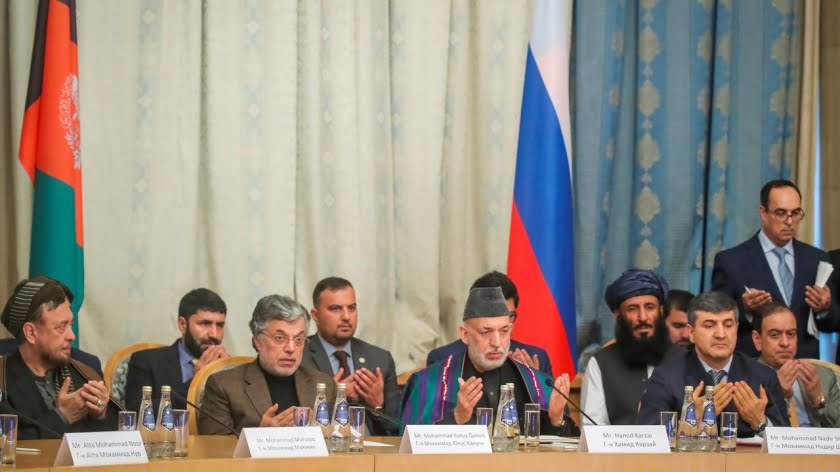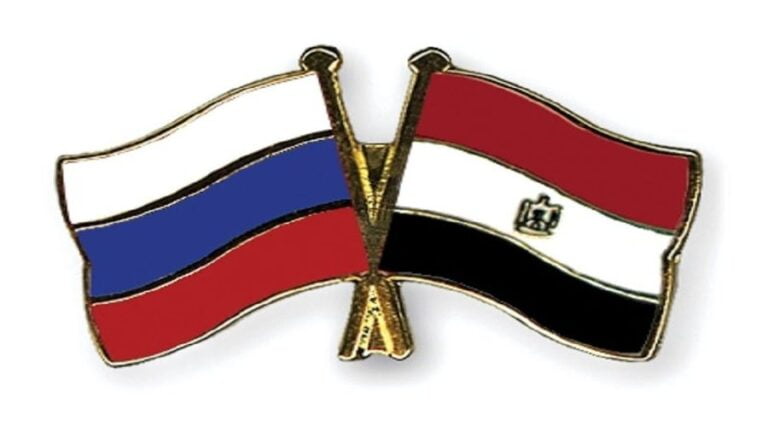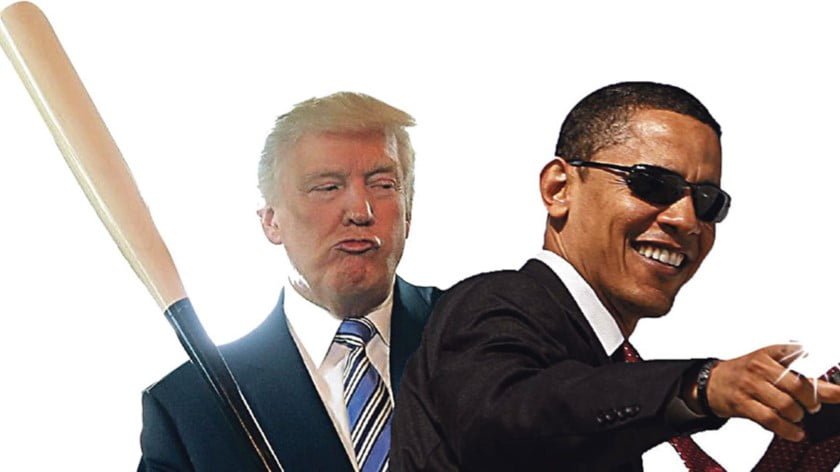The Intra-Afghan Talks in Moscow Confirm that Kabul Is Cornered
Leading anti-government figures, most prominent among them former President Karzai, met with the Taliban in the Russian capital at the initiative of the Council of Afghan Society in Russia where they pledged to defend national values and pave the way for further intra-Afghan talks to complement the separate Moscow peace process. The gathering was announced shortly after Russian Presidential Special Envoy for Afghanistan Zamir Kabulov’s surprise trip to Islamabad last week and during the month-long interim period before US-Taliban talks resume in Doha at the end of the month.
It’s a strictly independent initiative that’s not formally part of the Russian government-organized peace talks but represents a Track II diplomatic initiative that attempts to bring together civil society and political leaders outside the aegis of any national authorities. Kabul fears that it’s losing control over the peace process and therefore “regretted” this meeting, but the very fact that it even took place speaks to the US-installed government’s deep unpopularity and powerlessness to shape the course of political events within its own country.
This observation isn’t surprising since even the US itself is dealing directly with the Taliban nowadays and bypassing Kabul, so it’s little wonder that other political forces within Afghanistan would see the writing on the wall and deem it in their best and most pragmatic interests to do so as well. Choosing Moscow as a venue was very symbolic, however, since the participants signaled – whether sincerely or not in some cases – that they aren’t American puppets. Furthermore, they also proved that Russia is a neutral party to this conflict.
That’s extremely important because it shows that Afghanistan’s contemporary political forces (including the Taliban which is tacitly recognized as a legitimate political movement by all relevant stakeholders) no longer hold any animosity against Russia for the Soviet intervention and are actually eager to enter into its good graces as a counterbalance to the US. Suffice to say, some parties such as the Taliban might never have done this had it not been for the constructive encouragement of Pakistan, which is cooperating real closely with Russia on Afghanistan nowadays.
Once again, it’s clear that the increasingly strategic relations between Russia and Pakistan are paying peacemaking dividends when it comes to Afghanistan, confirming that Moscow’s 21st-century grand strategic ambition of becoming the supreme “balancing” force in Eurasia is as applicable as ever to the transregional space between Central, South, and West Asia. Pakistan’s pivotal influence there has helped Russia succeed to a large degree, just as Russia’s partnership with Pakistan has helped the South Asian state rehabilitate its international reputation, thus demonstrating how mutually beneficial this arrangement has already been.
By Andrew Korybko
Source: Oriental Review







